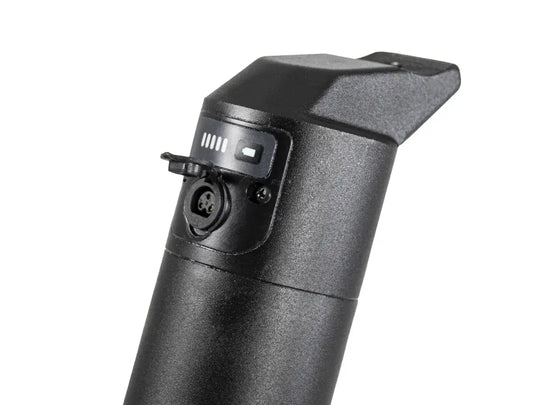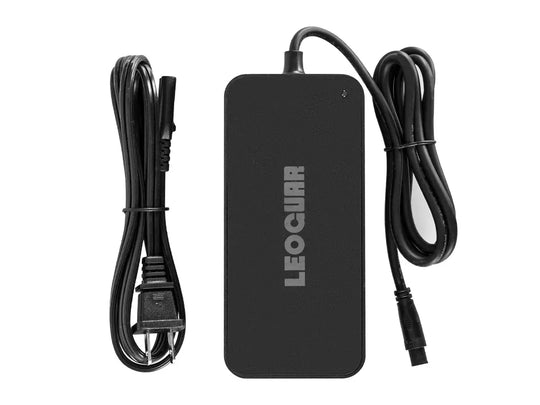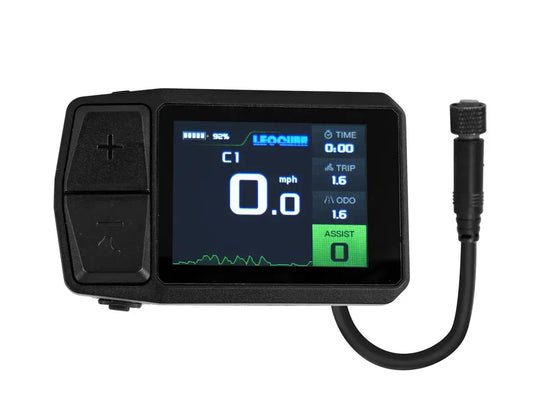
Can You Overcharge Your Electric Bike Battery?
Overcharging your electric bike battery poses serious risks, including swelling, deformation, and overheating, which can lead to fire hazards. It's crucial for electric bike owners to understand these dangers and implement proper safety measures. In this article, we will discuss the implications of overcharging and how to protect your battery.
Understanding Your Electric Bike Battery
Before diving into the specifics of overcharging, it's essential to understand the basic components of your electric bike battery. Most electric bikes use lithium-ion batteries due to their light weight and high energy density. These batteries are designed to last for several years, but their lifespan can be significantly affected by how they are charged and maintained.
Battery Lifespan
The lifespan of an electric bike battery is typically measured in charge cycles. One cycle is the process of charging a battery from 0% to 100% and then discharging it back to 0%. Generally, lithium-ion batteries can handle between 500 to 1,000 charge cycles before they start losing capacity.
Factors Affecting Battery Lifespan
Several factors can influence your battery's lifespan, including temperature, charging habits, and storage conditions. Extreme temperatures, both hot and cold, can degrade battery health. Additionally, consistently overcharging or undercharging your battery can result in reduced battery life.
The Risks of Overcharging
Overcharging your electric bike battery can lead to several issues, some of which can be severe. Let's explore these risks in more detail.
Swelling and Deformation
One of the most visible signs of a battery that has been overcharged is swelling. Overcharging can cause the battery cells to expand, which may lead to deformation of the battery casing. This physical change not only affects the battery's performance but can also pose a safety hazard.
Overheating and Potential Fire
Perhaps the most concerning risk of overcharging is overheating, which can lead to a fire. When a battery is overcharged, it generates excess heat. If this heat isn't dissipated, it can cause the battery to catch fire. This risk is why it's crucial to adhere to proper charging practices and safety measures.
Safety Tips to Prevent Overcharging
Thankfully, there are several safety measures you can take to prevent overcharging your electric bike battery.
1. Use a Smart Charger
A smart charger is designed to automatically stop charging once the battery reaches full capacity. This feature significantly reduces the risk of overcharging and helps maintain the battery's health over time.
2. Follow Manufacturer Guidelines
Always refer to the manufacturer's guidelines for charging your battery. These instructions are tailored to the specific battery model and will provide the safest and most efficient charging practices.
3. Monitor Charging Time
Pay attention to the recommended charging time for your battery. Avoid leaving your battery on the charger overnight or for extended periods, as this increases the risk of overcharging.
4. Regularly Check Battery Condition
Regularly inspect your battery for any signs of swelling, deformation, or overheating. If you notice any of these issues, it may be time to replace your battery or consult a professional.
How to Extend Your Electric Bike Battery Life
While preventing overcharging is critical, there are other steps you can take to extend the life of your electric bike battery.
1. Charge at Room Temperature
Temperature can significantly affect your battery's lifespan. Charge your battery at room temperature, and avoid charging it immediately after a ride if the battery is hot.
2. Partial Charging
Instead of waiting for your battery to completely discharge, consider charging it when it's at about 20-30%. Partial charging can be less stressful on the battery and extend its overall lifespan.
3. Proper Storage
If you plan to store your electric bike for an extended period, ensure the battery is charged to about 50% and stored in a cool, dry place. This practice helps preserve battery health during periods of inactivity.
FAQs
Overcharging a lithium-ion battery can disrupt the electrochemical processes within the cells. Excessive charging increases the voltage beyond the safe limit, causing lithium plating and electrolyte decomposition, which can lead to reduced battery performance and longevity.
A battery management system (BMS) monitors each cell's voltage and temperature to ensure safe operation. It can disconnect the battery from the charger if it detects an overvoltage condition, protecting the cells from damage.











































Leave a comment